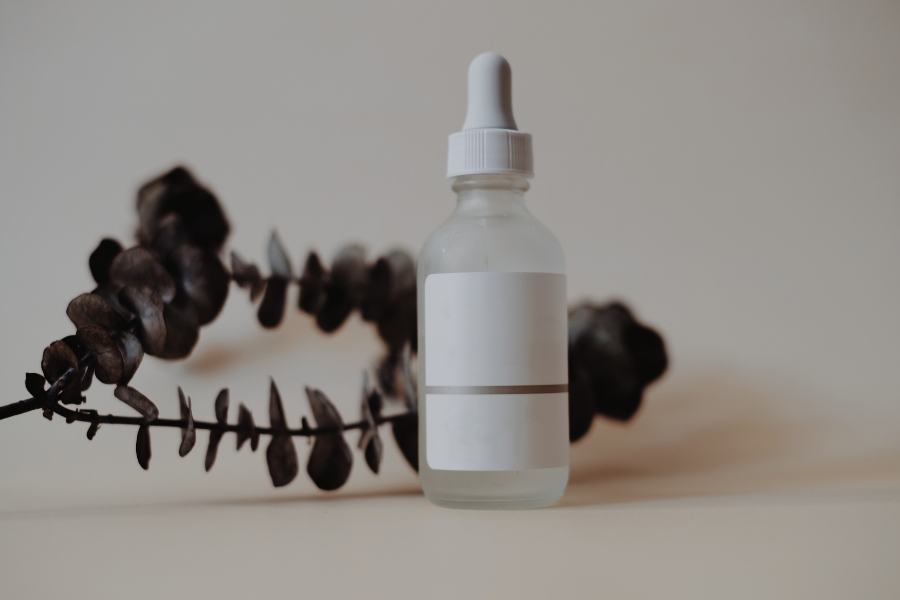Ingredient Relief: Protecting Sensitized Skin
Written by Anabel De La VegaSensitized skin is not a skin type. It is skin that is triggered by internal and external factors, such as medications, sun exposure, diets, weather, and certain chemicals. Some skin care products may be too harsh to the skin.
SKIN SENSITIVITY
Exposure to stress, over-exfoliation, alcohol, smoking, a client’s lifestyle can cause skin sensitivity. This common condition is caused by a damaged barrier function that leads to irritated nerve endings. Sensitized skin is not a result of rosacea, eczema, psoriasis, or allergic reaction. Dry or injured skin no longer protects the nerve endings, which leads to several reactions.
- tightness
- bumps
- itchy patches
- dryness
- redness and inflammation
- sores
- dehydration
CLIENT DO’S & DON’T’S
One of the first things that clients should avoid is touching the skin with their dirty hands. This will lead the skin to encounter different kinds of bacteria. People touch their faces daily, which includes wiping their eyes, mouth, removing their makeup, and blowing their noses. This averages to almost 30 times a day.
Things clients can do include drinking a lot of water. This will help release bacteria from the system. Avoiding products that contain fragrance and do not use products that could be occlusive or thick in their consistency.
INGREDIENTS TO UTILIZE
There are several ingredients that can protect sensitized skin. These include aloe vera which is a very cooling agent that protects the skin against redness, rashes, infection, and itching. Aloe vera is anti-fungal and helps with inflammation. Chamomile also assists as it is an antibacterial, antiseptic, and anti-inflammatory agent plus an antioxidant. Squalene is beneficial for sensitized skin. It will not clog pores, it restores new skin and produces moisturization for the skin. Rose is a great antioxidant, anti-inflammatory, and wound healer. Rose contains a lot of molecules that help fight free radicals. Calendula is an anti-inflammatory, fights redness and irritation. It helps with hydration, firmness, swelling, and bruising of the skin. Oatmeal is rich in proteins and lipids, making it a great moisturizer for the skin. Jojoba oil is another great humectant and is also antibacterial, antimicrobial, antifungal, non-comedogenic, hypoallergenic, and promotes collagen among other things. Neem oil is an anti-bacterial and soothing agent. Blue yarrow is an antiseptic and anti-inflammatory agent. Hibiscus contains a lot of water, restores the dead cells, and helps with burns, itching, and swelling. Plain yogurt is rich in lactic acid. It is also a great exfoliator and helps with sensitized skin. It soothes burns and balances the natural oils of the skin.
And, finally, Korean ginseng contains 42 natural minerals that help the skin balance its own pH and restores new cells.
Sensitized skin requires a good deal of care that cannot be rushed by harsh ingredients and treatments. It is important to listen to the condition of the skin, in order to nurse it back to optimal health.
